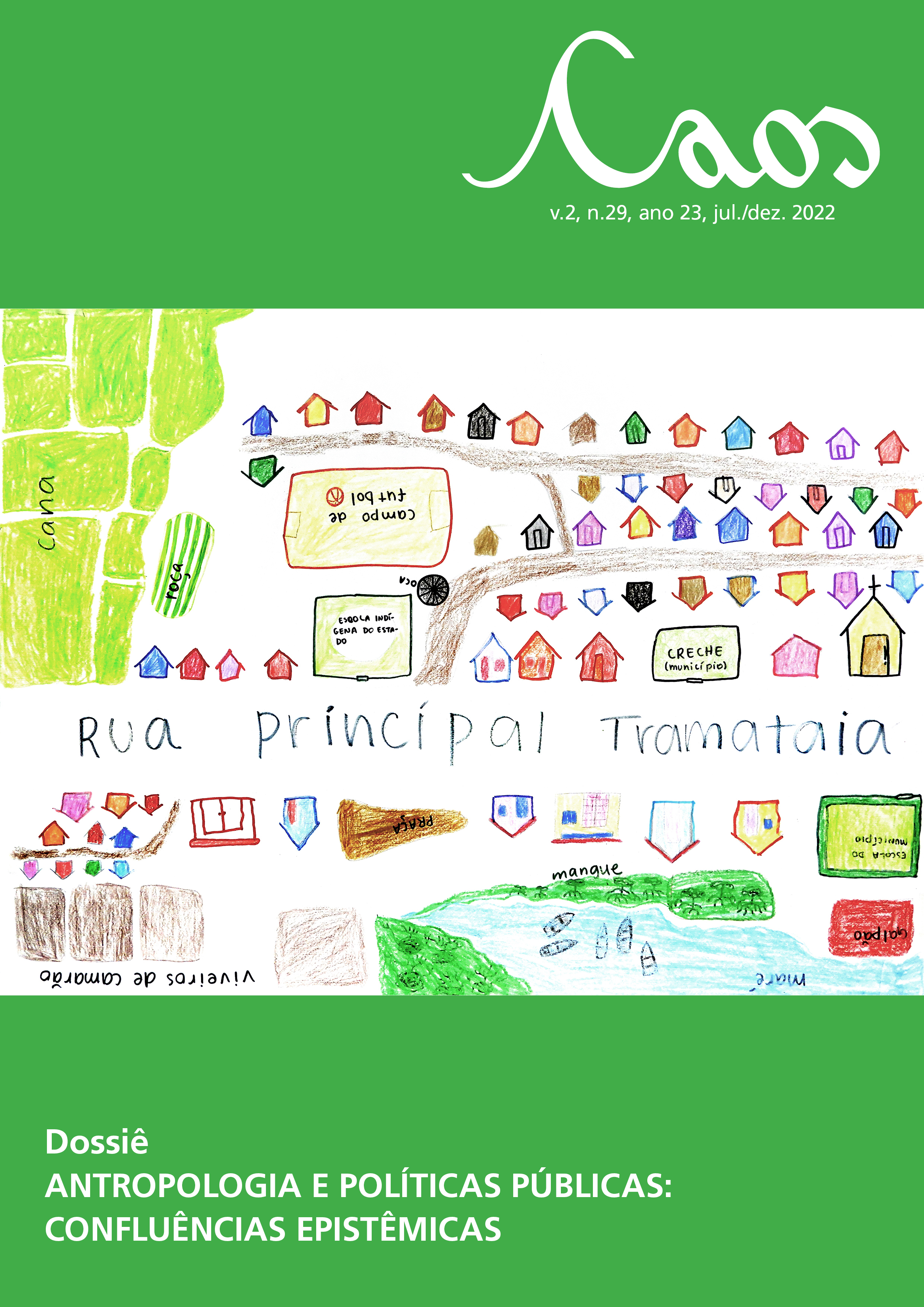THE SERGIPE PRO-INDIAN COMMISSION AND THE CONSTRUCTION OF PUBLIC POLICIES FOR INDIGENOUS PEOPLES: reflections on the role of the anthropologist in the process of repossession of the Xokó land
DOI:
https://doi.org/10.46906/caos.n29.62849.p114-132Keywords:
Comissão Pró-índio de Sergipe, Beatriz Góis Dantas, public policy, XokoAbstract
The main objective of the article is to observe the main lines of action of the CPI/SE in favor of the Xokó, which contributed to the recognition of identity and the regularization of the possession of São Pedro Island by the indigenous group. It narrates the process of retaking land by the Xokó and examines the epistemological and political role of the anthropologist Beatriz Góis Dantas, founder of the CPI/SE, her role in articulation with the State for the establishment of public policies for the Xokó, approaching their insertion in the militancy in favor of the indigenous group, with emphasis on its participation in debates on Xokó ethnicity as a space for claiming their land rights, opposing the universalist discourses of their antagonists – institutions and public authorities allied to the Brito family farmers – who sought to deny them existence and appropriate their lands. This anthropologist activated in her speeches modern theories about ethnicity, demonstrating the existence and uniqueness of the Xokó culture, which served as a reference for the development of the activities of the CPI/SE, contributing towards the ethnic recognition and the legal regulation of the Island of São Pedro as Xokó indigenous land.
Downloads
Metrics
Published
Issue
Section
License
Copyright (c) 2022 Diogo Francisco Cruz Monteiro, Estêvão Martins Palitot

This work is licensed under a Creative Commons Attribution-NonCommercial 4.0 International License.
A Caos é regida por uma Licença da Creative Commons (CC): CC BY-NC 4.0, aplicada a revistas eletrônicas, com a qual os autores declaram concordar ao fazer a submissão. Os autores retêm os direitos autorais e os de publicação completos.
Segundo essa licença, os autores são os detentores dos direitos autorais (copyright) de seus textos, e concedem direitos de uso para outros, podendo qualquer usuário copiar e redistribuir o material em qualquer suporte ou formato, remixar, transformar e criar a partir do material, ou usá-lo de qualquer outro propósito lícito, observando os seguintes termos: (a) atribuição – o usuário deve atribuir o devido crédito, fornecer um link para a licença, e indicar se foram feitas alterações. Os usos podem ocorrer de qualquer forma razoável, mas não de uma forma que sugira haver o apoio ou aprovação do licenciante; (b) NãoComercial – o material não pode ser usado para fins comerciais; (c) sem restrições adicionais – os usuários não podem aplicar termos jurídicos ou medidas de caráter tecnológico que restrinjam legalmente outros de fazerem algo que a licença permita.
Recomendamos aos autores que, antes de submeterem os manuscritos, acessem os termos completos da licença (clique aqui).
















